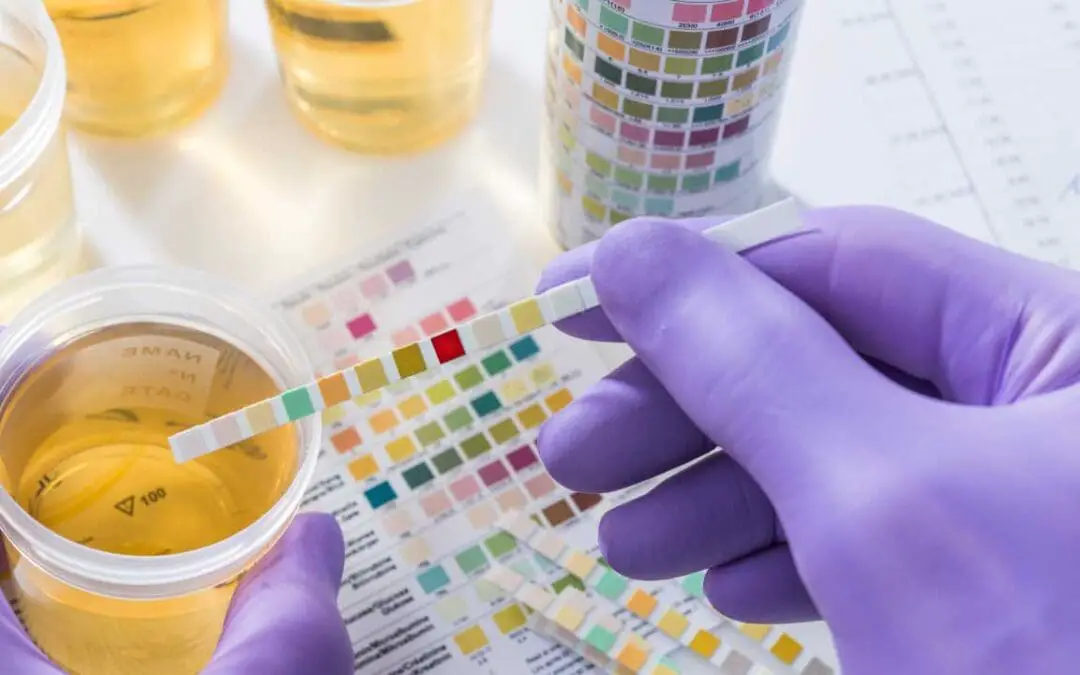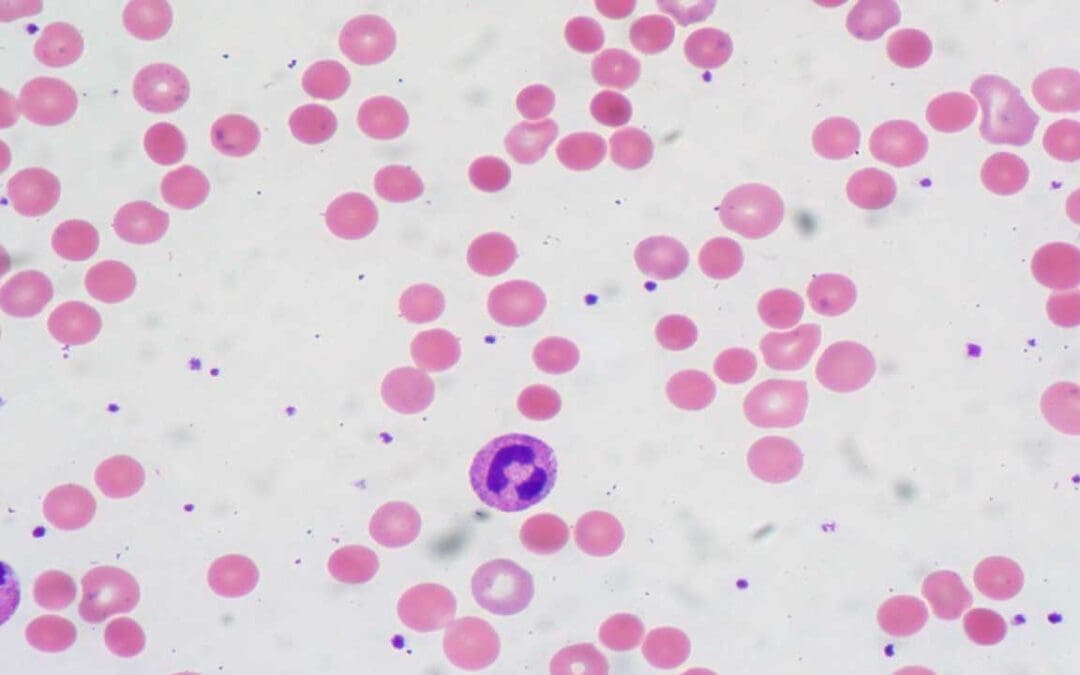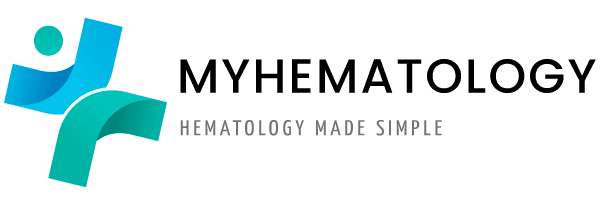
by MH Team | Apr 4, 2025 | Red Blood Cells
TL;DR Hemoglobinuria is the presence of free hemoglobin in urine, distinct from hematuria (whole RBCs). It occurs when intravascular hemolysis overwhelms the body’s hemoglobin-handling capacity (haptoglobin, hemopexin). Causes ▾: Transfusion reactions,...

by MH Team | Apr 2, 2025 | Red Blood Cells
TL;DR Hematuria is the presence of blood in the urine, either visible (gross) or microscopic. Causes ▾: Ranges from benign (UTIs, stones, exercise) to serious (glomerulonephritis, cancer). Symptoms ▾: Can be asymptomatic or include pain, frequency,...

by MH Team | Mar 31, 2025 | Red Blood Cells
TL;DR Paroxysmal cold hemoglobinuria is a rare autoimmune hemolytic anemia caused by the Donath-Landsteiner (DL) antibody. Pathophysiology ▾: DL antibody (IgG) binds to red blood cells (RBCs) in cold temperatures. Upon warming, complement activation leads to...

by MH Team | Mar 28, 2025 | Red Blood Cells
TL;DR Paroxysmal nocturnal hemoglobinuria (PNH) is a rare, acquired clonal hematopoietic stem cell disorder characterized by complement-mediated hemolysis. Pathophysiology ▾: PIGA gene mutation leading to deficiency of GPI-anchored proteins (CD55, CD59)....

by MH Team | Mar 26, 2025 | Red Blood Cells
TL;DR Warm autoimmune hemolytic anemia (wAIHA) involves the immune system attacking red blood cells, primarily at body temperature. Pathophysiology ▾: Caused by autoantibodies (IgG) targeting red blood cells leading to premature red blood cell destruction...







Recent Comments